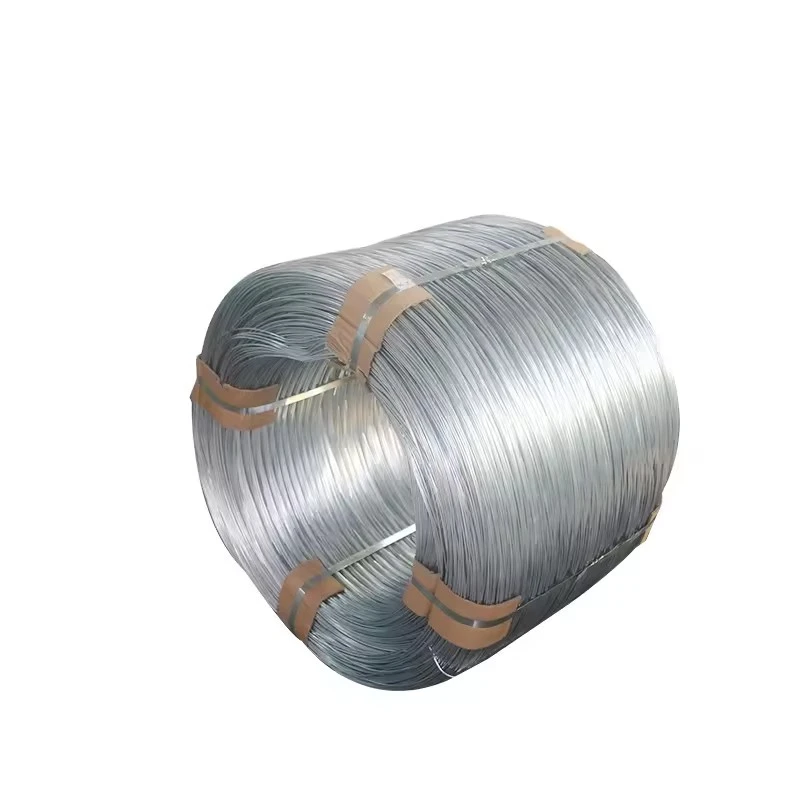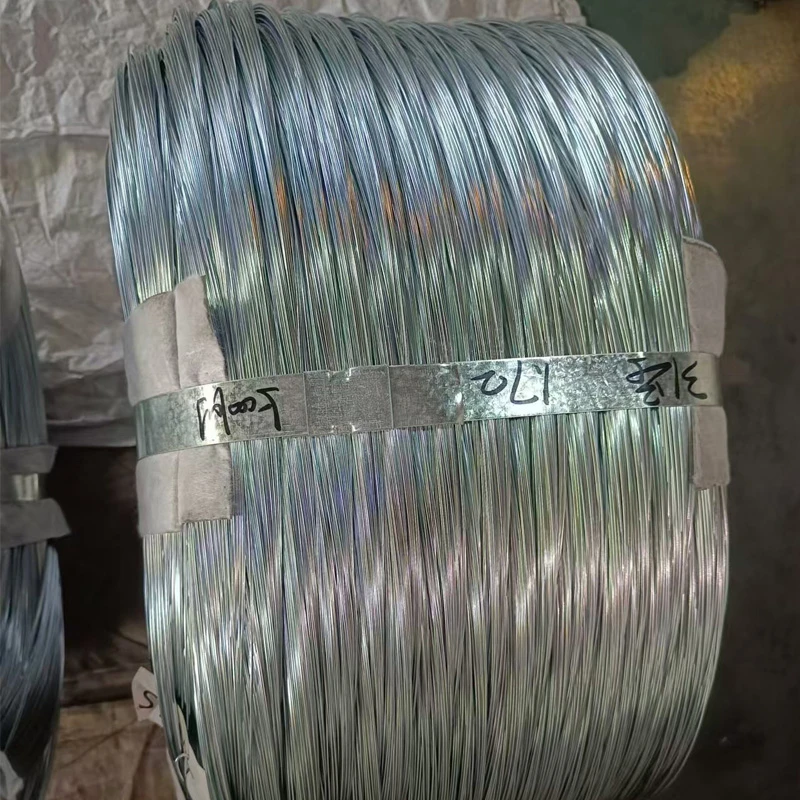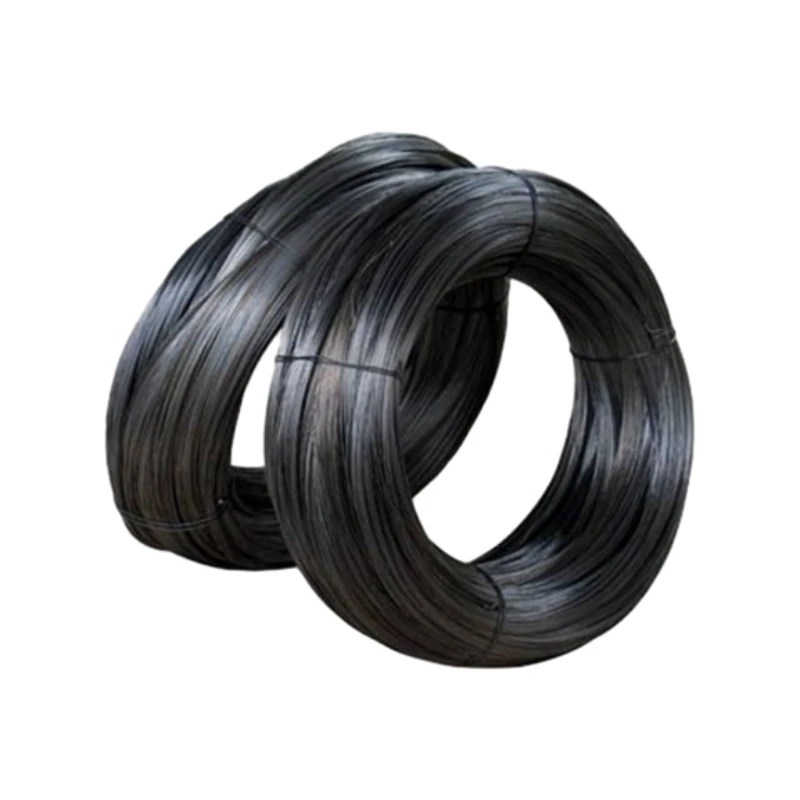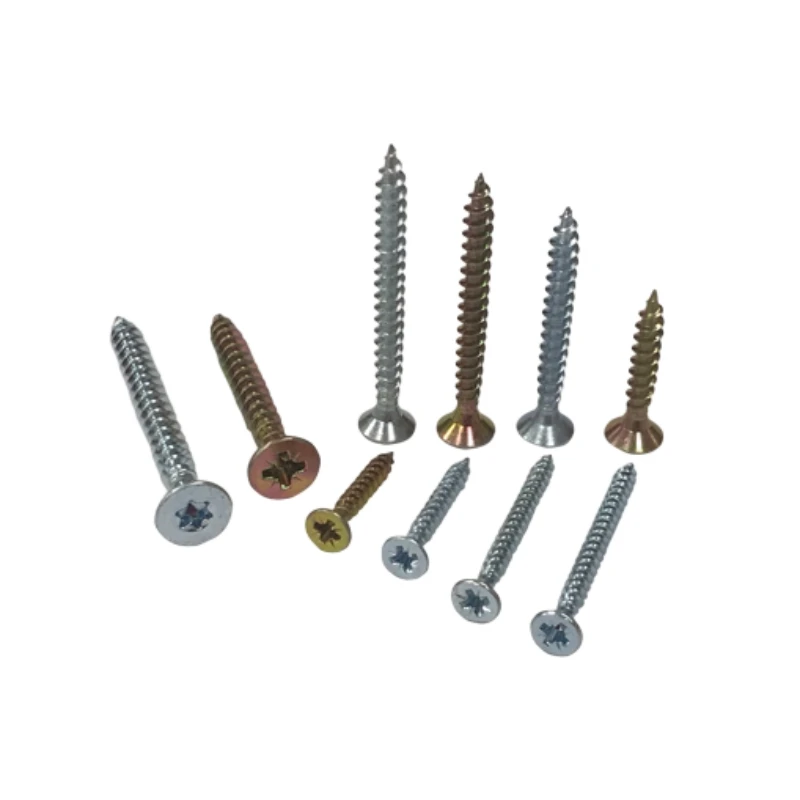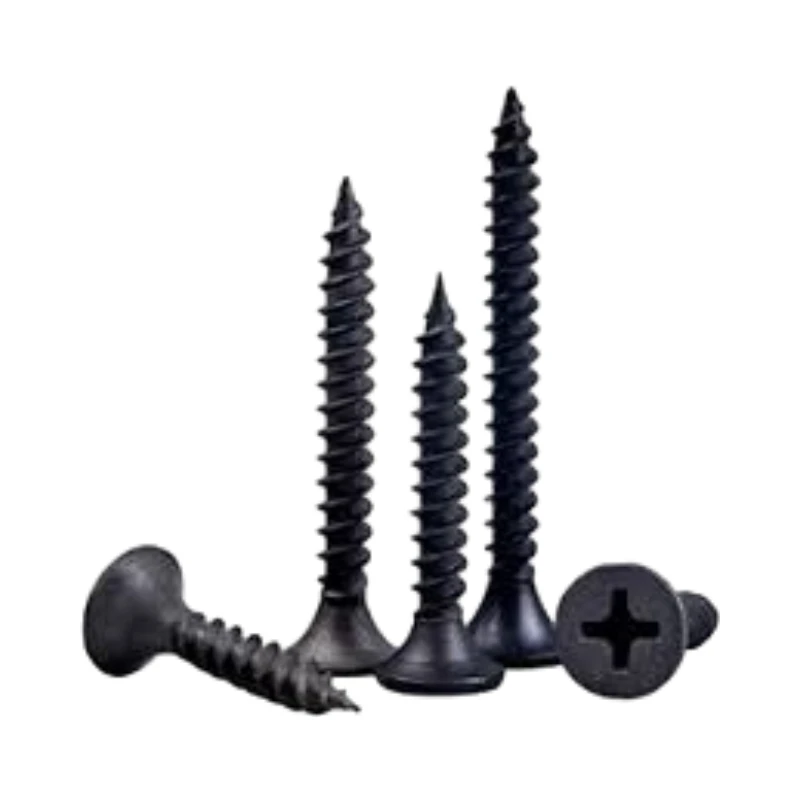
Talk With Us
+86-13601661296
Email Address
admin@sxjbradnail.comDurable Galvanized Coil: Corrosion-Resistant Steel Solutions
Understanding Galvanized Coil: An Industry Overview
In the highly demanding sectors of construction, automotive, and industrial manufacturing, the integrity and longevity of materials are paramount. Among the most critical components for ensuring durability and corrosion resistance, especially in harsh environments, is the galvanized coil. This product serves as a foundational material for countless applications, from structural elements to intricate fasteners like galvanized coil nails. The process of galvanization imparts superior protective qualities to steel, making it an indispensable choice for engineers and procurement specialists seeking reliability and cost-effectiveness. Our focus here delves into the technical nuances, market trends, and practical applications that underscore the significance of this versatile material.
The demand for robust, long-lasting materials has driven innovation in the steel industry. The development of advanced galvanized coil products has been pivotal in addressing challenges related to material degradation, particularly rust and oxidation. Industries like petrochemical, metallurgy, and water supply & drainage rely heavily on materials that can withstand aggressive chemical exposure and varying climatic conditions, where standard steel would quickly fail. This article aims to provide a comprehensive technical review, offering insights into its manufacturing, specifications, and strategic advantages for B2B applications.
Manufacturing Process: From Raw Steel to Robust Galvanized Coil
The production of galvanized coil is a sophisticated industrial process designed to imbue steel with exceptional corrosion resistance. This primarily involves hot-dip galvanization, a method recognized for creating a metallurgical bond between steel and zinc. The process ensures a durable, sacrificial coating that protects the underlying steel even if scratched.
Detailed Process Flow:
- 1. Steel Coil Preparation: High-quality cold-rolled or hot-rolled steel coils, typically conforming to standards like ASTM A653/A653M or JIS G3302, are uncoiled and passed through a series of cleaning stages. This involves degreasing (alkaline washing), rinsing, and acid pickling (hydrochloric or sulfuric acid) to remove scale, rust, and oil, ensuring a perfectly clean surface for zinc adhesion.
- 2. Annealing: The cleaned steel strip often undergoes an annealing process in a continuous annealing furnace. This heat treatment (typically 700-900°C) softens the steel, optimizes its mechanical properties, and prepares its surface for optimal zinc adhesion. This step is crucial for achieving desired ductility and formability in the final hot dipped galvanized coil.
- 3. Hot-Dip Galvanizing: The prepared steel strip is continuously fed into a molten zinc bath maintained at approximately 450-460°C. As the steel passes through the molten zinc, a metallurgical reaction occurs, forming a series of iron-zinc alloy layers (gamma, delta, zeta, and eta phases) on the steel surface, followed by an outer layer of pure zinc. The immersion time and withdrawal speed are critical parameters controlled to achieve specific coating thicknesses.
- 4. Cooling and Air Knives: Upon exiting the zinc bath, the strip is cooled, and excess molten zinc is removed using high-pressure air knives. These adjustable knives precisely control the thickness and uniformity of the zinc coating (Z or ZF coatings). This step ensures the coating meets specified weight standards (e.g., G60, G90, Z275).
- 5. Post-Treatment: The galvanized strip may undergo various post-treatments, including chromating (passivation), oiling, or applying an anti-fingerprint resin. These treatments enhance surface appearance, prevent wet storage stain, and improve paint adhesion, especially for pre-painted galvanized iron (PPGI).
- 6. Inspection and Coiling: The finished galvanized coil is thoroughly inspected for coating uniformity, adhesion, surface defects, and dimensional accuracy (width, thickness). Non-destructive testing methods are often employed. Once quality assured, the strip is then recoiled into finished coils for shipping.
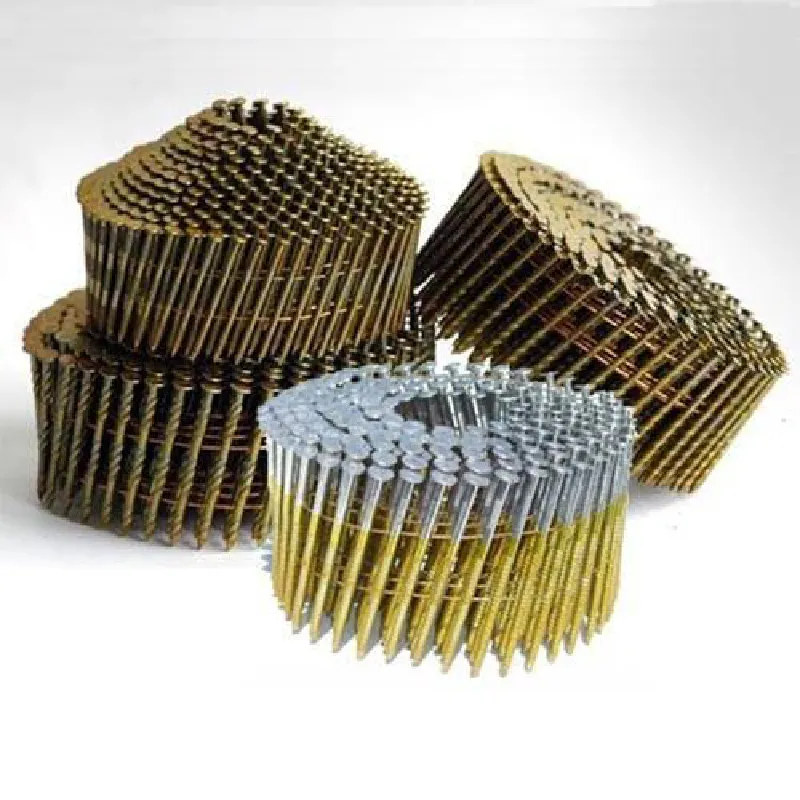
Figure 1: Illustration of a continuous hot-dip galvanizing line.
This meticulous process, often adhering to ISO 9001 quality management standards, ensures the resulting galvanized coil delivers superior corrosion resistance and a service life significantly extended beyond that of untreated steel. Typical service life can exceed 20 years in moderate industrial environments and up to 50 years in less corrosive conditions, providing substantial long-term value in target industries like petrochemicals, energy infrastructure, and construction, where corrosion resistance translates directly into enhanced safety and reduced maintenance costs.
Technical Specifications and Industry Standards
The performance of galvanized coil is defined by a range of technical specifications and adherence to stringent international standards. These parameters are critical for B2B buyers to ensure compatibility with their specific applications and to guarantee product quality and reliability. Key specifications include base metal grade, zinc coating mass, surface treatment, and mechanical properties.
Standard Specifications for Hot-Dip Galvanized Coil:
| Parameter | Specification / Standard | Typical Range / Value |
|---|---|---|
| Base Material Grade | ASTM A653/A653M (CS Type B, FS Type B, DS Type A/B), EN 10346 (DX51D, DX52D, S220GD) | Commercial Steel (CS), Forming Steel (FS), Structural Steel (SS) |
| Coating Mass (Zinc) | ASTM A653 (G30, G40, G60, G90, G115), EN 10346 (Z100, Z180, Z275, Z350, Z450) | 90 g/m² (G90) to 275 g/m² (Z275) per side, total for both sides |
| Thickness Range | Typically specified by application | 0.2 mm to 3.0 mm |
| Width Range | Specified by application, typically coil width | 600 mm to 1500 mm |
| Surface Treatment | Chromated, Oiled, Chromated & Oiled, Anti-Fingerprint, Dry | Minimizes wet storage stain, improves paint adhesion |
| Surface Finish | Regular Spangle, Minimized Spangle, Zero Spangle (Skin-passed) | Affects appearance and formability |
| Tensile Strength | Varies by base metal grade | 270 - 550 MPa (approx.) |
| Yield Strength | Varies by base metal grade | 180 - 450 MPa (approx.) |
| Elongation | Varies by base metal grade | 18% - 38% (approx.) |
These specifications are rigorously tested to meet industry standards such as ASTM (American Society for Testing and Materials) and EN (European Norm), ensuring material consistency and performance across various applications. For instance, the zinc coating mass directly correlates with the corrosion resistance and expected service life, a critical factor for products like galvanized coil nails used in exterior construction.
Application Scenarios and Technical Advantages
The versatility and inherent protective qualities of galvanized coil make it indispensable across a vast array of industrial and commercial applications. Its ability to withstand environmental degradation, coupled with its mechanical strength, provides significant technical advantages over untreated materials.
Key Application Areas:
- Construction: Roofing and siding panels, structural components (e.g., purlins, girts), ductwork, framing, and fasteners. For example, galvanized coil nails, including popular sizes like 2 1/2 galvanized coil nails and 3 1/4 galvanized coil nails, are essential for securing roofing felt, shingles, and exterior sheathing, ensuring long-term structural integrity against weather. Specialized 3 galvanized coil nails are frequently used in heavy-duty construction for their superior holding power and corrosion resistance.
- Automotive Industry: Body panels, chassis components, fuel tanks, and exhaust systems, where corrosion protection is crucial for vehicle longevity and safety.
- Home Appliances: Washing machine casings, refrigerator panels, air conditioner units, and other white goods requiring durable, aesthetically pleasing, and rust-resistant surfaces.
- HVAC Systems: Air ducts, ventilation components, and casings, benefiting from the material's excellent formability and resistance to condensation-induced corrosion.
- Infrastructure: Highway guardrails, lighting poles, culverts, and bridge components, where exposure to elements necessitates maximum corrosion protection.
- Agriculture: Silos, farm equipment, and fencing, requiring materials that can withstand outdoor exposure and corrosive organic compounds.
Technical Advantages:
- Superior Corrosion Resistance: The zinc coating acts as a physical barrier and a sacrificial anode, protecting the steel even if scratched. This drastically extends the service life in corrosive environments, leading to lower maintenance and replacement costs.
- Enhanced Durability: The metallurgical bond between zinc and steel ensures exceptional adhesion and resistance to chipping, peeling, and flaking, maintaining structural integrity under stress.
- Cost-Effectiveness: While the initial cost may be slightly higher than untreated steel, the extended service life and reduced maintenance expenses offer a significantly lower lifecycle cost (LCC), representing energy saving in terms of resources for repairs and replacements.
- Formability and Weldability: Modern galvanized coil retains excellent formability, allowing it to be bent, stamped, and drawn into complex shapes without damaging the protective coating. It also possesses good weldability with appropriate techniques.
- Sustainability: Zinc is a natural, recyclable material, and steel is one of the most recycled materials globally. The longevity of galvanized products reduces demand for new material production, contributing to environmental sustainability.
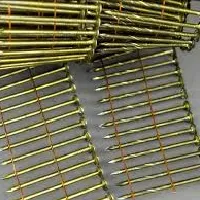
Figure 2: Galvanized coil being prepared for slitting or further processing.
The inherent corrosion resistance of hot dipped galvanized coil is a primary driver for its adoption in critical infrastructure and high-exposure applications, demonstrably outperforming other materials in longevity and structural integrity.
Vendor Comparison and Customized Solutions
Selecting the right supplier for galvanized coil is a strategic decision for B2B entities, impacting not only product quality but also lead times, cost-efficiency, and long-term project success. A robust vendor comparison considers more than just price; it encompasses quality assurance, customization capabilities, and after-sales support.
Key Factors for Vendor Comparison:
- Certifications & Compliance: Verify adherence to international standards like ISO 9001, ASTM, EN, and relevant local certifications. A supplier with a proven track record and authoritative references (e.g., audited by reputable third parties) instills trust.
- Product Range & Quality: Assess the breadth of their hot dipped galvanized coil offerings, including various base metal grades, coating masses (e.g., G60, G90, Z275), thicknesses, and widths. Requesting test data and samples is crucial.
- Customization Capabilities: Evaluate their capacity to provide tailored solutions for specific project requirements, such as custom slitting, specialized surface treatments (e.g., anti-fingerprint, specific colors for PPGI), or unique mechanical properties.
- Lead Time & Logistics: Understand their production capacity, average lead times, and logistical network to ensure timely delivery and minimize supply chain disruptions.
- Technical Support & After-Sales Service: A reputable vendor offers expert technical advice, responds promptly to inquiries, and provides robust warranty commitments and customer support.
Customized Solutions for Specialized Applications:
Recognizing that off-the-shelf solutions may not always meet unique project demands, leading suppliers of galvanized coil offer extensive customization options.
- Tailored Zinc Coating: Adjusting the zinc coating mass (e.g., specific Z or G ratings) to match environmental corrosivity, optimizing cost without compromising protection.
- Specific Base Steel Grades: Utilizing different steel grades (e.g., high strength low alloy (HSLA) for structural applications or deep drawing quality for complex stamped parts) to achieve desired mechanical properties.
- Precision Slitting & Shearing: Providing coils slit to precise widths or cut-to-length sheets, reducing waste and further processing costs for the end-user.
- Advanced Surface Treatments: Applying specialized passivation layers, oiling, or polymer coatings to enhance paint adhesion, reduce friction, or provide additional temporary corrosion protection during transit and storage.
- Custom Packaging: Offering robust and protective packaging solutions, including VCI paper, anti-rust oil, or eye-to-sky/eye-to-wall configurations, to ensure the product arrives in pristine condition.
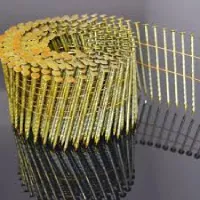
Figure 3: Quality control inspection of a galvanized steel coil.
Our company, with over 15 years of dedicated service in the steel industry, prides itself on being an ISO 9001 certified manufacturer and supplier. We have partnered with leading construction firms and automotive suppliers across North America and Europe, consistently delivering high-quality galvanized coil and related products like our Robust Galvanized Coil Nails for Roofing and Siding Tasks. Our expertise in custom solutions ensures that clients receive materials precisely engineered for their unique challenges.
Application Case Studies and Customer Feedback
Real-world application case studies vividly demonstrate the performance and reliability of galvanized coil in demanding environments. These examples, coupled with direct customer feedback, provide invaluable insights into the practical advantages and long-term benefits of choosing high-quality galvanized materials.
Case Study 1: Large-Scale Industrial Roofing Project
Client: Zenith Industrial Complexes (Houston, Texas)
Challenge: Constructing a 500,000 sq ft warehouse in a high-humidity coastal region, requiring a roofing solution with exceptional corrosion resistance and a minimum 30-year service life. Traditional painted steel showed premature signs of rust in similar adjacent structures.
Solution: We supplied 1,200 metric tons of hot dipped galvanized coil, G90 coating, 0.6mm thickness, in a minimized spangle finish. This material was roll-formed into standing seam roofing panels and secured using our 3 1/4 galvanized coil nails and 2 1/2 galvanized coil nails for ancillary fastening points.
Outcome: After 5 years, comprehensive visual inspections revealed no signs of red rust or coating degradation, even in areas prone to pooling and constant moisture. The project achieved significant energy savings due to the lighter, more reflective roof surface, contributing to lower internal cooling costs. Zenith praised the material's formability and the consistent quality of the coils, which streamlined their installation process.
Case Study 2: Agricultural Building Structures in Corrosive Environments
Client: Agri-Solutions Group (Midwestern US)
Challenge: Livestock housing and feed storage facilities are exposed to ammonia-rich environments, which are highly corrosive to standard steel. The client needed a durable, cost-effective material for wall panels and support beams that would not require frequent maintenance.
Solution: We provided galvanized coil with an extra-heavy Z450 (G150 equivalent) coating mass, 1.0mm thickness, specifically engineered for aggressive agricultural settings. The material was pre-cut and pre-formed to client specifications.
Outcome: Two years post-installation, the structures show no signs of corrosion, unlike previous structures that exhibited significant rust within months. The client reported substantial savings on projected maintenance and repair costs, attributing the success to the robust zinc coating. The use of robust 3 galvanized coil nails in high-stress points further ensured structural integrity.
Customer Feedback Snippets:
- "The consistency of your galvanized coil batches has significantly improved our manufacturing efficiency. The surface quality is always top-notch." - Production Manager, Auto Component Manufacturer
- "We've been using their galvanized coil nails for years, and they stand up to harsh coastal weather better than any other brand we've tried. Reliable product, excellent service." - Procurement Officer, Residential Construction Firm
- "Their technical team helped us specify a custom zinc coating for a unique chemical plant application. The material performed exactly as simulated, demonstrating deep expertise." - Lead Engineer, Petrochemical Infrastructure
FAQ, Lead Time, Warranty, and Support
Frequently Asked Questions (FAQ):
- Q: What is the typical lead time for a standard order of galvanized coil?
- A: For standard specifications and quantities, our lead time typically ranges from 15 to 30 business days from order confirmation. Custom orders or larger volumes may require additional time, which will be clearly communicated during the quotation process.
- Q: What specific certifications does your galvanized coil hold?
- A: Our manufacturing facilities are ISO 9001:2015 certified for quality management systems. Our products consistently meet or exceed relevant international standards, including ASTM A653/A653M, EN 10346, and JIS G3302. Material Test Certificates (MTCs) are provided with every shipment.
- Q: Can you provide samples of galvanized coil for testing?
- A: Yes, we can provide material samples for qualified B2B clients to facilitate compatibility testing and quality verification. Please contact our sales team with your specific requirements.
- Q: What is the recommended storage for hot dipped galvanized coil?
- A: Coils should be stored in a dry, well-ventilated indoor environment, away from direct moisture, chemicals, and extreme temperature fluctuations, to prevent wet storage stain (white rust). We recommend storing coils on dunnage to avoid contact with the floor.
Lead Time and Fulfillment:
Our streamlined production and logistics network are designed to ensure efficient order fulfillment. We maintain a robust inventory of standard galvanized coil specifications for rapid dispatch. For custom orders, our project managers work closely with clients to establish realistic timelines and provide regular updates on manufacturing progress. We offer flexible shipping options, including sea, rail, and road freight, tailored to project deadlines and geographical requirements. Typical lead times are 15-30 days, with express options available for urgent needs.
Warranty Commitments:
We stand behind the quality of our galvanized coil products with comprehensive warranty commitments. All materials are guaranteed to be free from manufacturing defects and to meet the agreed-upon technical specifications and international standards. Our standard warranty covers material integrity and coating adhesion for a period of up to 10 years, depending on the specific product and application environment, under normal use and storage conditions. Detailed warranty terms are provided with each quotation and order confirmation.
Customer Support and After-Sales Service:
Our commitment to our clients extends far beyond the point of sale. We provide dedicated customer support through a team of experienced technical professionals ready to assist with material selection, application guidance, and troubleshooting. Our after-sales service includes prompt response to inquiries, technical documentation, and assistance with any quality concerns. We pride ourselves on building long-term partnerships through reliable service and expert advice. You can reach our support team via email at support@sxj-staple.com or by phone during business hours.
Industry Trends and Future Outlook
The market for galvanized coil is continually evolving, driven by advancements in material science, increasing environmental regulations, and shifting demands in end-user industries. Several key trends are shaping the future of this essential material.
- Higher Strength Steels: There's a growing demand for advanced high-strength steels (AHSS) with galvanized coatings, particularly in the automotive and structural sectors. These materials offer superior strength-to-weight ratios, enabling lighter, more fuel-efficient vehicles and more robust, yet slender, building designs.
- Enhanced Corrosion Protection: Beyond standard zinc coatings, innovations in zinc-aluminum (Galvalume/Alu-zinc) and zinc-magnesium coatings are gaining traction. These alloy coatings offer even greater corrosion resistance, especially in highly aggressive industrial or marine environments, further extending the service life of products like hot dipped galvanized coil.
- Sustainability and Recyclability: The emphasis on green building and sustainable manufacturing practices is pushing for more environmentally friendly production processes and materials. Galvanized coil inherently supports circular economy principles due to steel's high recyclability and zinc's sustainable characteristics. Future trends will likely involve even lower carbon footprint production methods.
- Smart Manufacturing & IoT: Integration of Industry 4.0 technologies, such as IoT sensors and AI-driven process optimization, is improving the precision, consistency, and efficiency of galvanized coil production lines. This leads to higher quality products and reduced waste.
- Diversification in Surface Finishes: Beyond functional protection, aesthetic considerations are becoming more important. Innovations in zero spangle and specialized passivation treatments for improved paint adhesion are expanding the decorative and pre-painted market for galvanized products.
The future of galvanized coil is bright, characterized by continuous innovation aimed at enhancing performance, increasing sustainability, and meeting the evolving demands of a wide range of industries. As material science advances, we can expect even more specialized and high-performance galvanized products to emerge, solidifying its position as a cornerstone material for durable and reliable engineering solutions.
References
- American Society for Testing and Materials (ASTM). "ASTM A653/A653M - 20, Standard Specification for Steel Sheet, Zinc-Coated (Galvanized) or Zinc-Iron Alloy-Coated (Galvannealed) by the Hot-Dip Process." ASTM International.
- European Committee for Standardization (CEN). "EN 10346:2015, Continuously hot-dip coated steel flat products for cold forming - Technical delivery conditions." BSI Standards Publication.
- International Organization for Standardization (ISO). "ISO 9001:2015, Quality management systems - Requirements." ISO Central Secretariat.
- International Zinc Association (IZA). "Zinc Coatings for Corrosion Protection." www.zinc.org.
- National Association of Corrosion Engineers (NACE International). "Corrosion Basics: An Introduction." NACE International.
-
2 Inch Brad Nails - Precision Fastening for Woodworking & ConstructionNewsNov.24,2025
-
Affordable Quality: Understanding Cheap Brad Nails and Their Global ImpactNewsNov.24,2025
-
Type F Brad Nails: Precision Fasteners for Quality Craftsmanship & IndustryNewsNov.23,2025
-
High-Quality Type 47 Brad Nails for Precision & Durability | SXJ IndustrialNewsNov.23,2025
-
T47 Nail: The Ultimate Guide to Industrial and Construction ApplicationsNewsNov.22,2025
-
Everything You Need to Know About T Head Brad Nails | Global Fastening SolutionsNewsNov.22,2025

